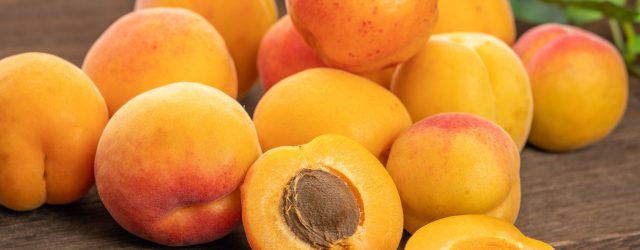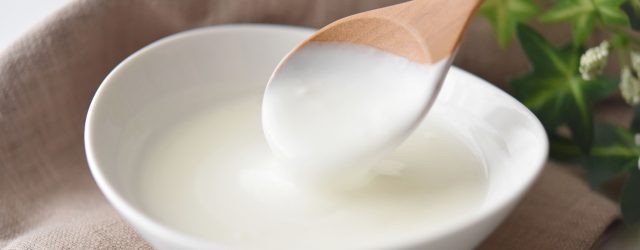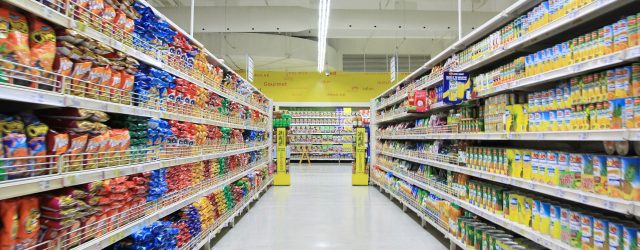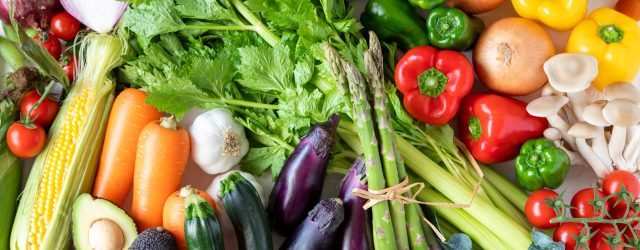
Following several amendments to food labelling regulations last year and more expected in 2026, in this article we will provide our readers with an updated overview of Japan’s food labelling system.
Major Amendments in Recent Years
First it is important to notice that in March 2025, three major amendments were implemented:
- Deletion of labelling exemption regulations for food additives for nutritional fortification purposes
- Amendment of the standard values for nutritional labelling
- Review of labelling rules for individual food items (20 out of a total of 42 food items)
Regarding the last one (reviewing labelling rules for individual food items), discussions in 2025 covered both the remaining 22 food items and the rules originating from the former Food Sanitation Act (Appended Table 19) (Japanese), and amendments are expected to be implemented in 2026.
Additionally, discussions were held on the Japanese Front-of-Pack Nutrition Labelling Guidelines (Japanese/For English, see here) and on the introduction of mandatory allergen labelling for cashew nuts (Japanese/For English, see here). These matters were examined in 2025 and are expected to be announced and amended in 2026. Given the multiple updates to allergen labelling in 2023 and 2024 (see this article for an example), it is essential to stay informed to avoid any misunderstandings.
We have summarized the major amendments of recent years below, to give you a comprehensive view of the changes (note: future developments are also listed).
| March 2023 | -Amendment to allergen labelling: transition of walnuts from the recommended labelling list to the mandatory labelling list -Amendment to genetically modified food labelling: addition of rapeseed; addition of rapeseed traits (EPA- and DHA-producing varieties) |
|---|---|
| March 2024 | Amendment to allergen labelling: addition of macadamia nuts to, and removal of matsutake mushrooms from, the recommended labelling list |
| August 2024 | Amendment to the Foods with Function Claims system: revisions to definitions, requirements, labelling items, labelling methods, and labelling formats |
| March 2025 | -Deletion of labelling exemption regulations for food additives used for nutritional fortification -Revision of the Standard Values for Nutritional Labelling -Review of labelling rules for individual food items (20 food items, including miso) |
| October 2025 | Regulatory amendment concerning Foods with Function Claims (Prohibited Labelling Statements (partial easing of certain claim requirements)) |
| Scheduled for April 2026 | Review of labelling rules for individual food items: prepared frozen foods* |
| Scheduled for 2026 | -Review of labelling rules for individual food items (22 food items, including soy sauce) -Review of labelling rules for individual food items (the rules originating from the former Food Sanitation Act) -Amendment to allergen labelling (transition of cashew nuts from the recommended labelling list to the mandatory labelling list, addition of pistachios to the recommended labelling list) -Publication of the Japanese Front-of-Pack Nutrition Labelling Guidelines |
| Other future developments | -Regulatory amendments to Foods with Nutrient Function Claims (maximum permitted levels, minimum permitted levels, functions of nutrients, etc.) -Use of digital tools for food labelling |
*With regard to prepared frozen foods, a review of food labelling requirements under the Tokyo Metropolitan Consumer Affairs Ordinance (Japanese) is also currently under consideration.
Future developments
In addition, regulatory amendments to Foods with Nutrient Function Claims (revisions to maximum permitted level, minimum permitted level, functions of nutrients, etc.) (Japanese) are also under consideration, as is the use of digital tools in food labelling (Japanese).
The draft amendments scheduled for 2026 regarding reviewing labelling rules for individual food items, (22 food items, including soy sauce, as well as the rules originating from the former Food Sanitation Act) are expected to be complex, but are likely to be published soon.
As several of the above amendments, particularly those related to allergen labelling, are expected to have a significant impact on practical operations, we hope this serves as a good opportunity for you to review and stay current with the latest requirements.
Share/Like/Follow:
Newsletter Signup
We issue monthly e-newsletters, which provide you with the latest updates on food labeling/regulations in Japan.
If you want to make sure to not miss any issue, please click below.
Related Service
Research Services on Ingredients & Food Labeling -For the Japanese Market-
We verify the conformity of ingredients and additives with the standards for use in Japan based on specifications such as formulation lists. We also verify the conformity of the proposed labeling of ingredient names, nutrients, etc. with the labeling standards based on specifications such as formulation lists.

Label bank Co., Ltd. CEO (Founder)
Born in Japan. Working on solving various issues related to food labeling operations. Also regularly gives lectures for various organizations in Japan.
Co-author of ‘Latest edition: Guide book Food Labeling Law and related business practical points – from scratch (Japanese version only)’ (DAI-ICHI HOKI CO., LTD/2019).










